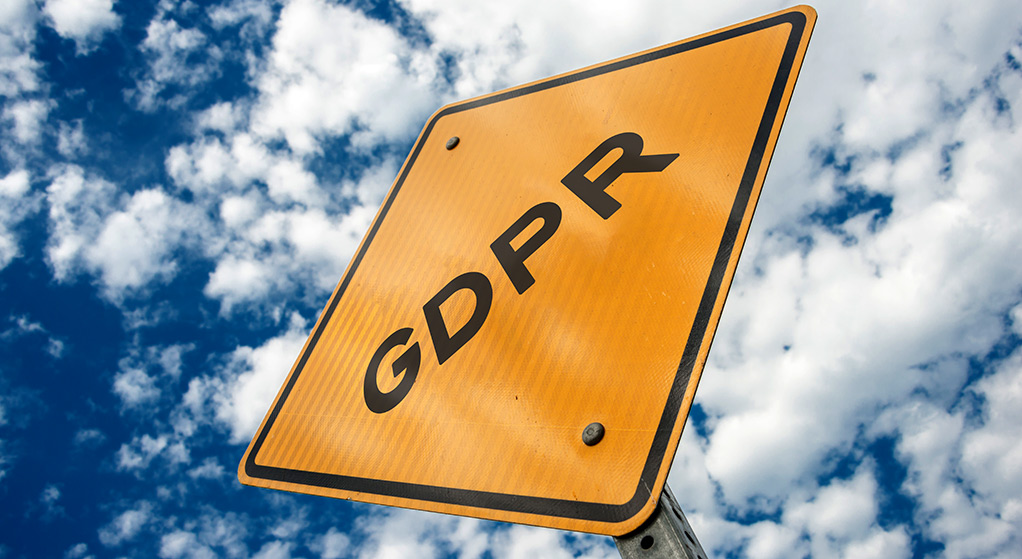With less than a year until GDPR comes into force, Microsoft have announced that their cloud platform will be ready to help businesses meet the challenges the new regulation will bring.

The regulation has been in law since May 2016, but fortunately there has been a ‘grace period’ of two years to allow businesses to take advice, train staff and make their data and processes ready. That period comes to an end in May next year, so if you haven’t yet tackled GDPR, now is the time to do it.
Fines are not dandy
This is a complex piece of legislation which will require every business to tighten up how it collects and processes data. Unlike previous regulations, which had punishments viewed by some as a ‘slap on the wrist’, GDPR will impose fines of up to €20 million or 4 per cent of your company’s turnover.
To give you an idea of the difference, had GDPR been enforced last year, the total fines meted out by the Information Commissioner’s Office – £880,500 – would have risen to £59 million.
Microsoft steps up
Fortunately, Microsoft are stepping up to help their customers meet the new requirements. They have confirmed that cloud services Azure and Office 365 are already being enhanced with features that will make GDPR compliance less arduous.
The software giant has committed to making Office 365, Dynamics 365 and Azure GDPR-compliant by the deadline next year. Many of the building blocks of Microsoft’s approach to GDPR are already in place for enterprise customers, which means you can use them today. They include:
- Governance tools – Apply smart retention and deletion policies that automatically manage your information to comply with legal requirements.
- Data Loss Prevention – automatically detect and protect sensitive data, and block its sharing outside your organisation.
- Microsoft Information Protection – classify, label and protect documents directly from Office, and track exactly where information is being shared.
- Content Search – Run multiple large eDiscovery searches concurrently to find any information across emails, documents and conversations.
